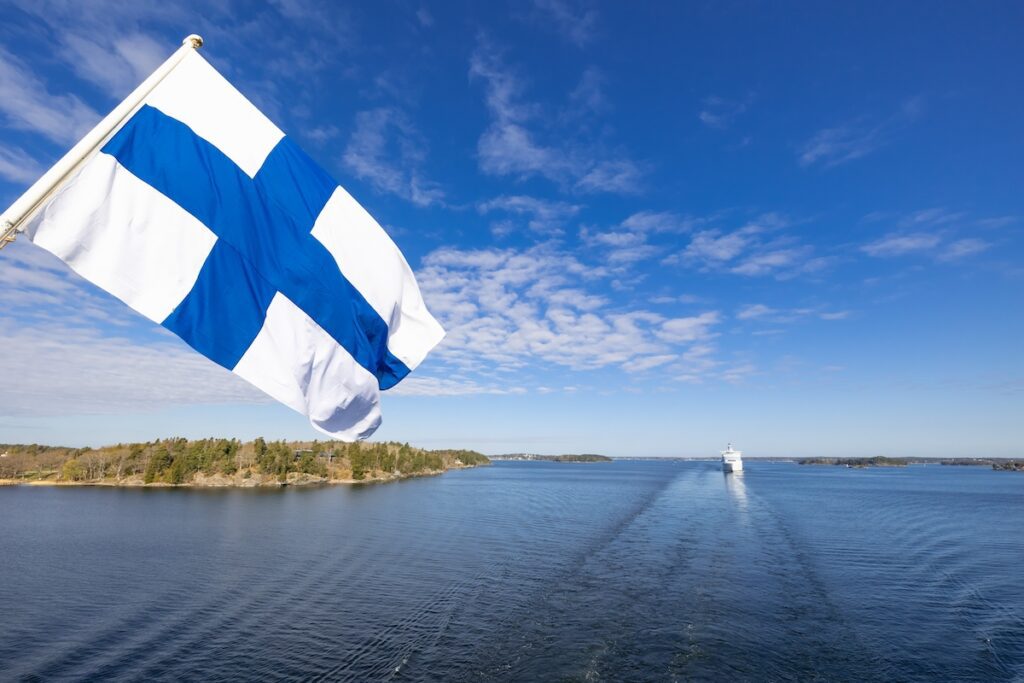
Conservative Vision for Finland
What can the world expect of the new Finnish conservative government, and how European conservatives can support their peers in Finland?

What can the world expect of the new Finnish conservative government, and how European conservatives can support their peers in Finland?
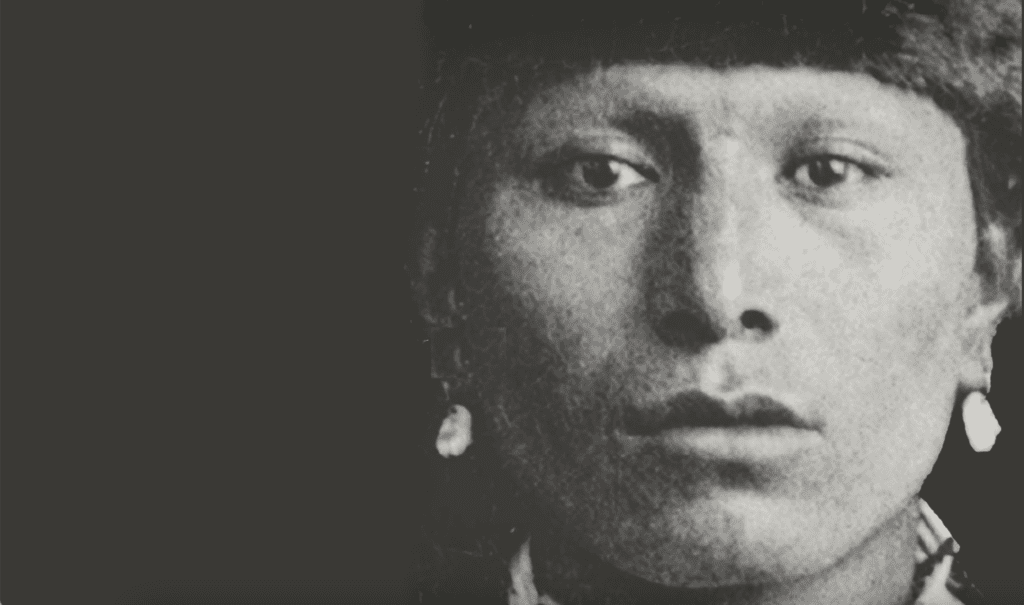
As the canonization process for this native American Catholic medicine man remains open, we take a look at the Biblical patterns in Black Elk’s visions.

The lord of the underworld and his Persephone stand before the stark fruits of Puritanism and modern industry.

Twelve years since officially forswearing violence, ETA terrorists have mastered the political fray.
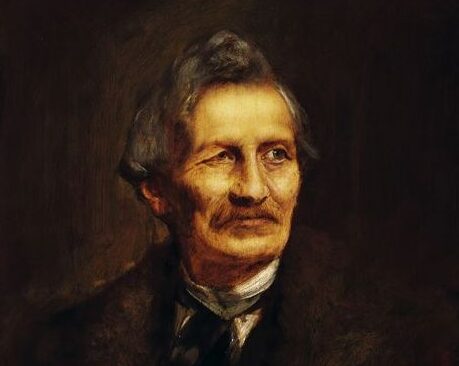
By locating the essence of traditional architecture in the primacy of character over concrete—the pattern we see over the material we don’t—Semper championed particularity over uniformity.

An increasing number of young men have traded in actual, physical friendships for artificial interactions online. Isolated and starved of human interaction, these young men are living lives of abject misery. Isolating oneself from broader society is, in many ways, an early death sentence.

Awareness of a hypothetical climate apocalypse is causing more and more individuals to fall into grief and despair, suffer panic attacks, and give up their life projects.

“Germany ceased to have Kings when the Germans ceased to be a Kingly people.” Such could be said of any nation in Europe, or her daughter nations across the seas. Let us pray and work to deserve better than the rulers we now have.
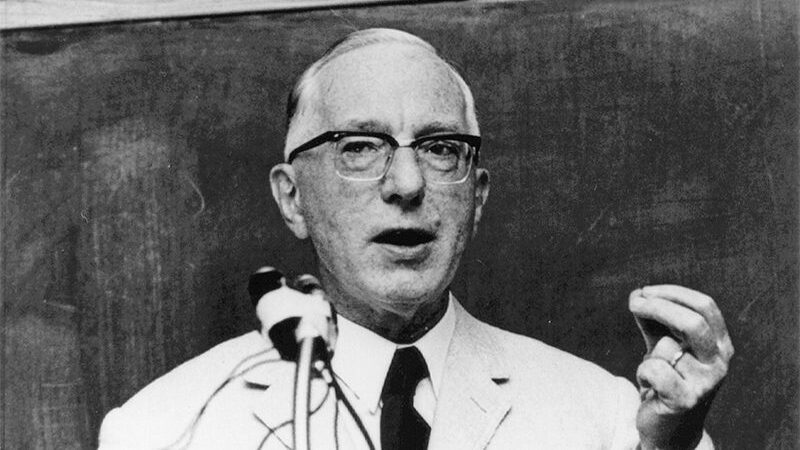
Unparalleled in terms of harsh criticism: Voegelin opines on Popper’s work in correspondence with Leo Strauss.
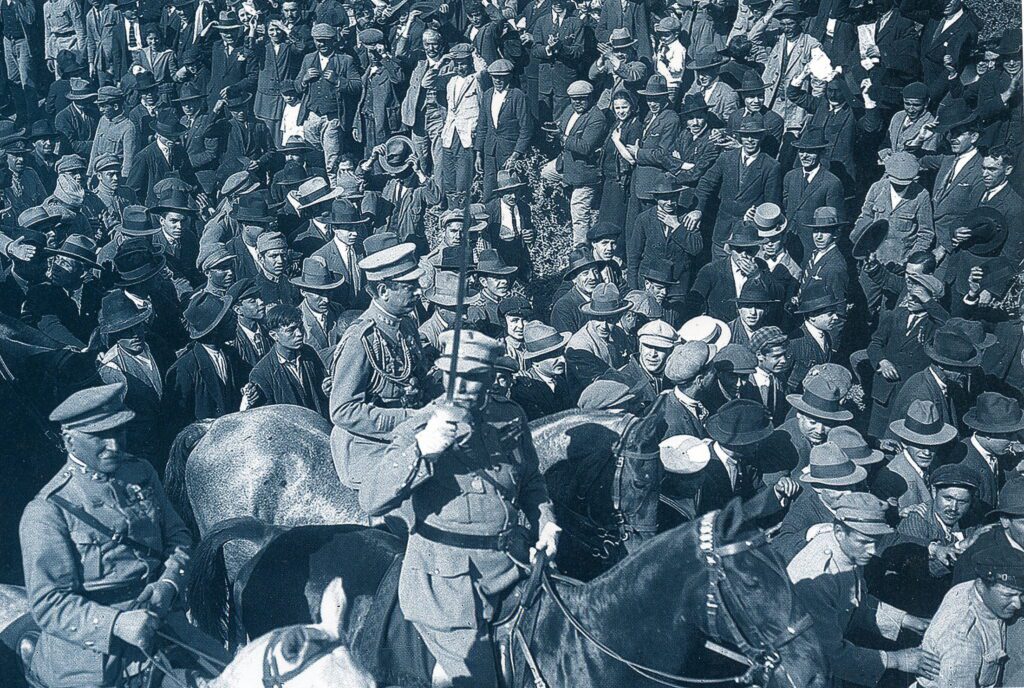
Those who set the direction of what came to be called the National Revolution didn’t quite know what they wanted, but they certainly knew what they didn’t want: the growing radicalisation and constitutional crises, against a threatening backdrop of Communism, seen elsewhere in postwar Europe.
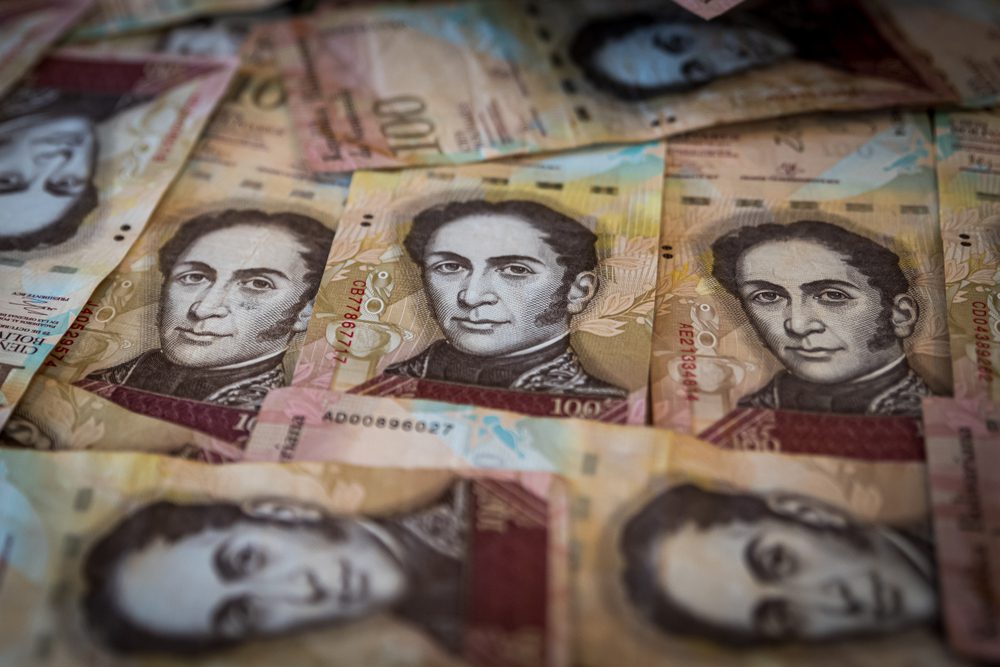
We may trace the beginning of Latin American poverty and economic subordination to Bolivar’s policy of garnering support by indebting his embryonic state.
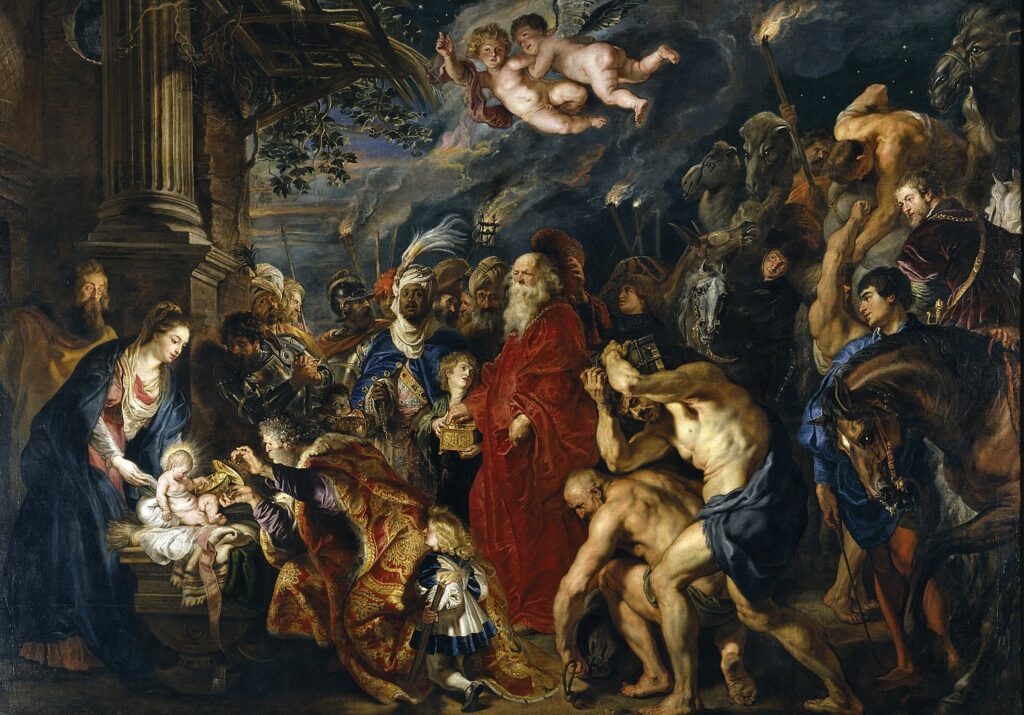
The Three Kings represent the truth-seekers of the earth, the rulers of the ‘pagan’ realm, the lands which had not yet seen God but were nonetheless expecting the coming of the Lord.

It’s obvious Proust knew a great deal about art and architecture and music; he was a keen observer of human behavior, but he can take a moment and turn it into an eternity.
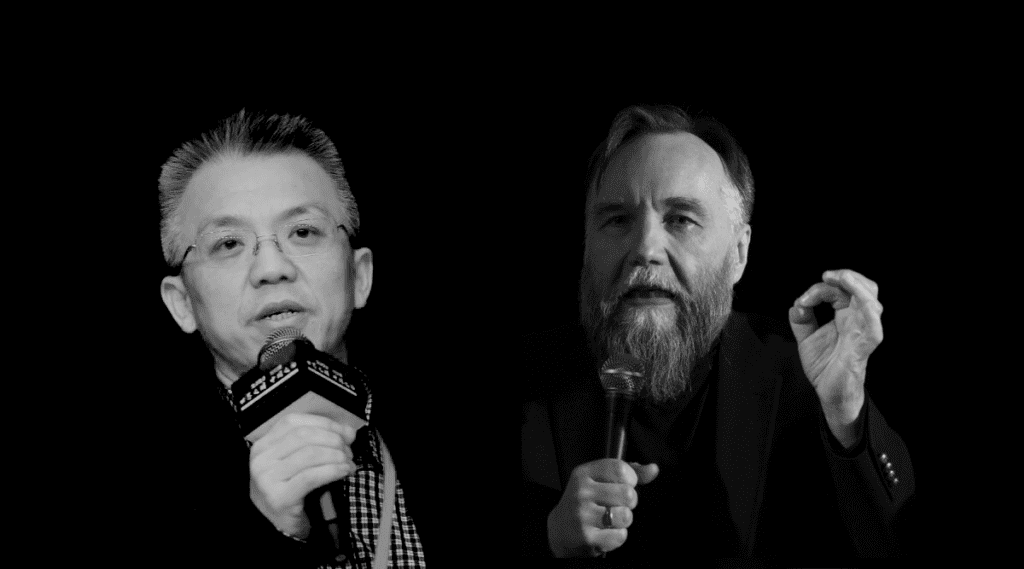
Russia and China conceive of the emerging multipolar world in different ways despite their substantial convergence in opposition to Western unipolarity.
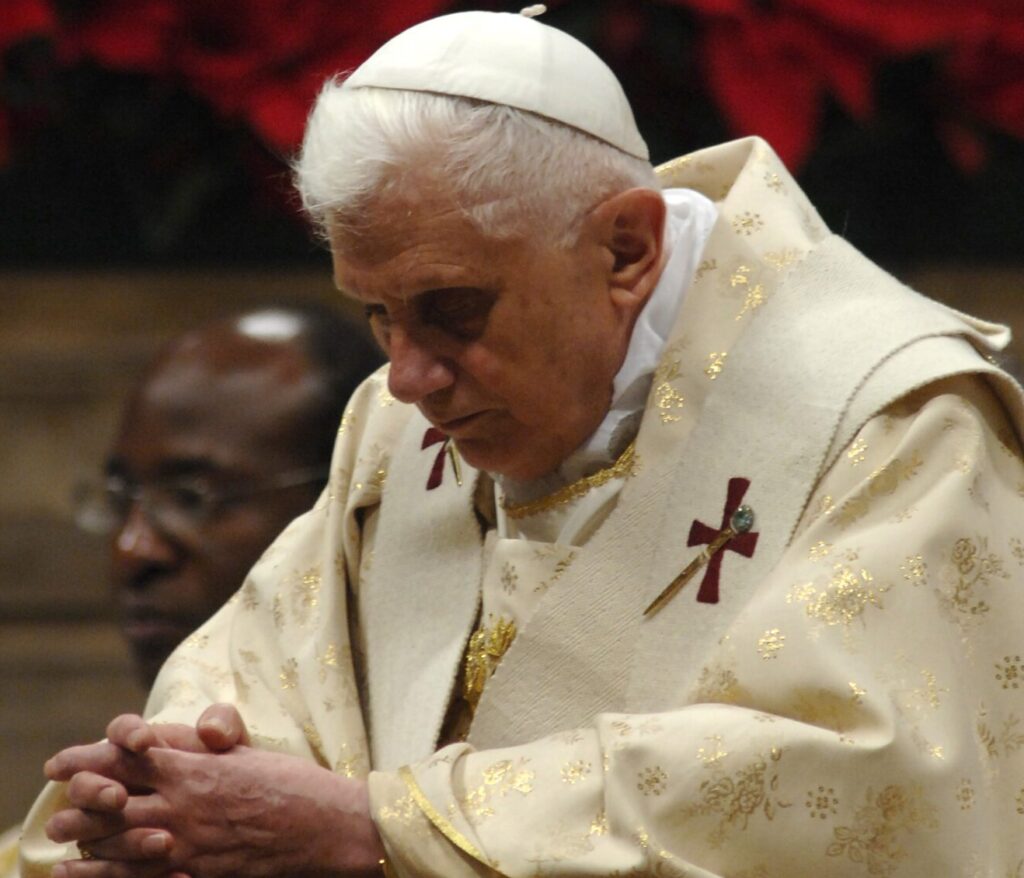
Pope Benedict’s expansive mind formed me in the humane habits of awareness that harmonise the intellect and the affectivity of the heart with the culture and civilisation that is our proper inheritance.

Why was Bangha remembered by the Jewish press as an ‘enemy of racism’ if his papers were full of anti-Semitism in the early 1920s? The answer seems to lie in his understanding of the role of Catholicism in public life.

The modern mind, which reduces everything to a means—a mere apparatus of use—subordinates even God to such a perverse conception of reality.

The issue of sexual degradation, around which #MeToo centers, has stirred something in the modern woman’s heart and compelled her to come face-to-face with the simple reality that she is the prisoner of a culture obsessed with unbounded sexual freedom.
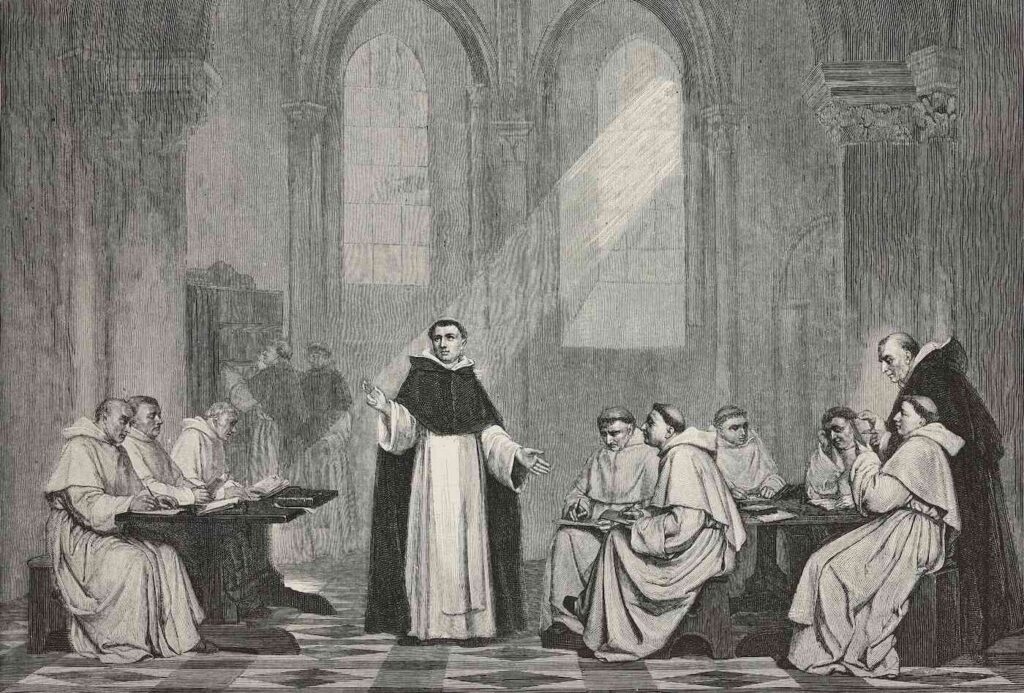
The democratic statesman must subordinate his own interests to the good of his fellow citizens and foster the temporal political common good, which is not separated from the common good in the fullest sense: God.

“… you never can think what a good place Heaven is, without knowing who He was and what He did.” —Charles Dickens, from The Life of Our Lord

We possess a blindness that impedes our ability to see ourselves as God sees us. To break through this dilemma, we must faithfully seek out what lies just beyond our vista.
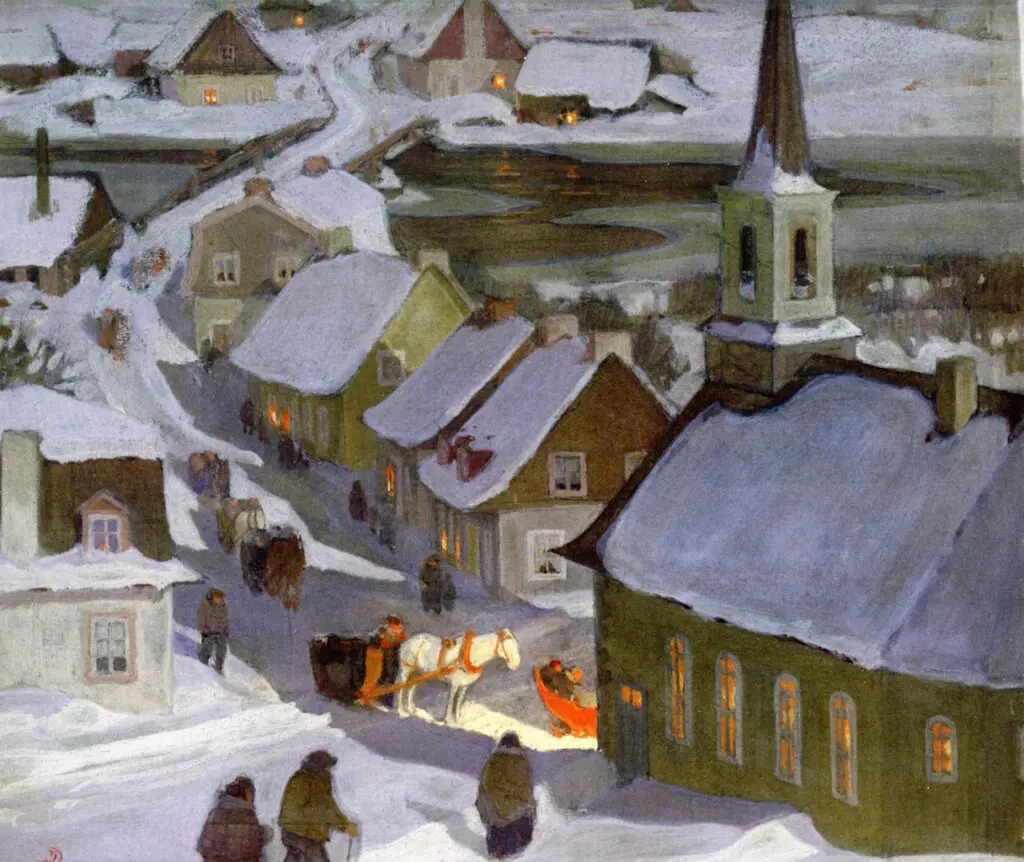
Let’s avoid being too Christmassy until the Eve itself. But then, let our joy break out for the twelve days, and keep them as well as we can—enjoying whatever observances proper to them we can attend, through the Epiphany.